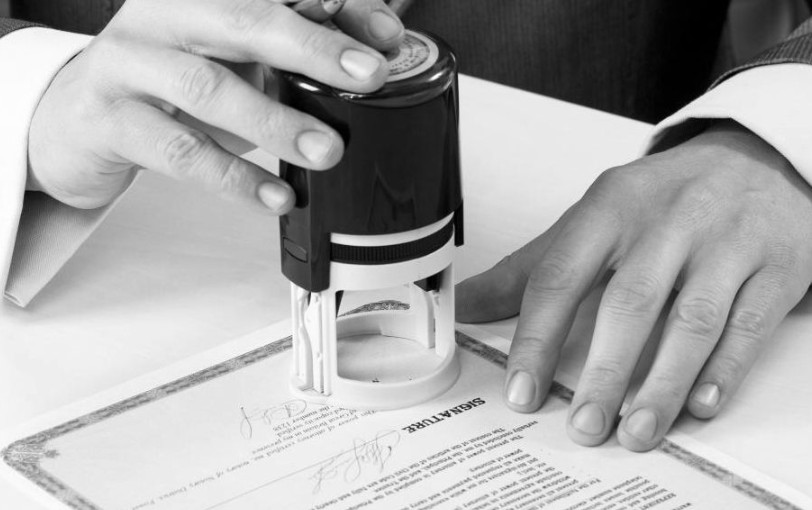
Introduction
Suffering an injury due to someone else’s negligence can be a distressing experience. In such situations, it’s crucial to seek legal assistance to protect your rights and ensure fair compensation for your damages. This is where an injury attorney plays a vital role. In this article, we will explore the significance of injury attorneys and the process of working with them.
What is an Injury Attorney?
An injury attorney, also known as a personal injury lawyer, is a legal professional specializing in providing legal representation to individuals who have been injured due to the negligence or wrongdoing of others. These attorneys have in-depth knowledge of personal injury law and are experienced in handling various types of personal injury cases.
Types of Personal Injury Cases
Injury attorneys handle a wide range of personal injury cases. Some common types include:
1. Car Accidents
Car accidents are one of the most common causes of personal injuries. Injury attorneys assist victims in navigating the complex process of insurance claims, gathering evidence, and pursuing compensation for medical expenses, property damage, lost wages, and pain and suffering.
2. Slip and Fall Accidents
Slip and fall accidents can occur in various settings, such as supermarkets, workplaces, or public places. Injury attorneys help victims establish liability, prove negligence, and seek compensation for injuries sustained due to hazardous conditions.
3. Medical Malpractice
Medical malpractice cases arise when a healthcare professional’s negligence leads to injury or harm to a patient. Injury attorneys work closely with medical experts to build a strong case and seek compensation for medical expenses, rehabilitation costs, and other damages.
4. Workplace Accidents
Workplace accidents can result in severe injuries, leaving victims unable to work and facing financial burdens. Injury attorneys assist workers in filing workers’ compensation claims and, if applicable, pursuing legal action against third parties responsible for the accident.
5. Product Liability
In cases where a defective product causes injury, an injury attorney can help victims hold the product manufacturer or distributor accountable. They strive to obtain compensation for medical expenses, lost income, and other damages caused by the defective product.
6. Wrongful Death
In tragic cases where a person’s death is caused by someone else’s negligence, injury attorneys provide legal support to the deceased person’s family members. They pursue wrongful death claims to obtain compensation for funeral expenses, loss of income, and emotional distress.
Why Do You Need an Injury Attorney?
1. Expertise and Legal Knowledge
Injury attorneys possess comprehensive knowledge of personal injury laws and regulations. They understand the legal complexities involved in personal injury cases and can guide you through the entire process, ensuring your rights are protected.
2. Settlement Negotiations
Insurance companies often try to settle personal injury claims for less than what victims deserve. An experienced injury attorney can skillfully negotiate with insurance companies on your behalf to secure a fair settlement that covers your damages.
3. Court Representation
If your case proceeds to trial, an injury attorney will provide strong courtroom representation. They will present your case effectively, cross-examine witnesses, and argue in your favor, maximizing your chances of obtaining a favorable verdict.
4. Handling Insurance Companies
Dealing with insurance companies can be daunting, especially when they try to delay or deny your claim. Injury attorneys have experience working with insurance companies and can handle the necessary paperwork, communications, and negotiations to ensure you receive the compensation you deserve.
How to Choose the Right Injury Attorney?
Selecting the right injury attorney is crucial for the success of your case. Consider the following factors when making your decision:
1. Experience and Track Record
Look for an attorney with a proven track record in handling personal injury cases. An experienced attorney will have the necessary skills and knowledge to navigate complex legal processes effectively.
2. Specialization in Personal Injury Law
Ensure that the attorney you choose specializes in personal injury law. Specialization indicates their in-depth understanding of the nuances and intricacies of personal injury cases.
3. Client Reviews and Testimonials
Read reviews and testimonials from previous clients to gain insights into the attorney’s reputation and the quality of their services. Positive feedback is a good indicator of their professionalism and client satisfaction.
4. Fee Structure
Discuss the attorney’s fee structure upfront to understand how they charge for their services. Some attorneys work on a contingency fee basis, meaning they only receive payment if they win your case, which can be beneficial for you.
5. Communication and Accessibility
Effective communication is essential throughout your case. Choose an attorney who maintains open lines of communication, promptly responds to your queries, and keeps you informed about the progress of your case.
The Process of Working with an Injury Attorney
When you hire an injury attorney, the following steps typically outline the process of working together:
1. Initial Consultation
During the initial consultation, you will discuss the details of your case with the attorney. They will evaluate the merits of your claim, explain your legal options, and outline the potential outcomes.
2. Case Investigation
Once you decide to proceed, the attorney will conduct a thorough investigation of your case. This may involve gathering evidence, interviewing witnesses, reviewing medical records, and assessing the extent of your damages.
3. Gathering Evidence
To build a strong case, your attorney will gather relevant evidence, such as accident reports, medical records, witness statements, and any other documentation supporting your claim.
4. Negotiations and Settlement
Your attorney will engage in negotiations with the opposing party or their insurance company to seek a fair settlement. They will advocate for your best interests and ensure you receive appropriate compensation for your injuries and losses.
5. Litigation and Trial
If a settlement cannot be reached, your attorney will prepare your case for trial. They will present your case in court, argue on your behalf, and represent your interests during the entire litigation process.
Frequently Asked Questions (FAQs)
1. Can I handle my personal injury case without an attorney?
While it is possible to handle your case without an attorney, it is not recommended. Personal injury cases involve complex legal procedures, and an experienced attorney can navigate them effectively, maximizing your chances of receiving fair compensation.
2. How much does hiring an injury attorney cost?
The cost of hiring an injury attorney varies. Some attorneys work on a contingency fee basis, where they receive a percentage of the settlement or award if they win the case. It’s important to discuss the fee structure with your attorney during the initial consultation.
3. How long does a personal injury case take to settle?
The duration of a personal injury case depends on various factors, such as the complexity of the case, the extent of your injuries, and whether the case goes to trial. Some cases settle within a few months, while others may take years to reach a resolution.
4. What compensation can I expect from a personal injury claim?
The amount of compensation you can expect from a personal injury claim depends on the specifics of your case. It typically includes medical expenses, lost wages, pain and suffering, rehabilitation costs, and other damages incurred as a result of the injury.
5. What should I do if I can’t afford an injury attorney?
Many injury attorneys offer free initial consultations and work on a contingency fee basis, meaning you only pay if they win your case. This arrangement allows access to legal representation even if you cannot afford upfront fees.
Conclusion
Injury attorneys are instrumental in helping individuals seek justice and obtain fair compensation for injuries caused by the negligence of others. By choosing an experienced attorney who specializes in personal injury law, you can navigate the legal process with confidence and increase your chances of a favorable outcome.
If you’ve been injured due to someone else’s negligence, don’t hesitate to seek the assistance of an injury attorney who can protect your rights and fight for the compensation you deserve.
Partner Site : E-Sport News, Health Injury, Medical Cannabis, Finance Hold, Online Education, Travels Around World, Pet Daily Nursing, Beauty Women, Physical Therapy, House Design Plan



